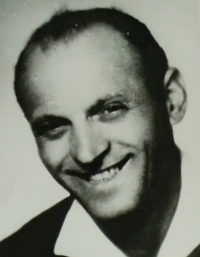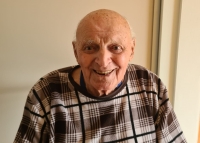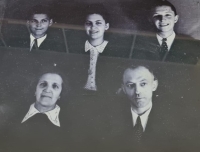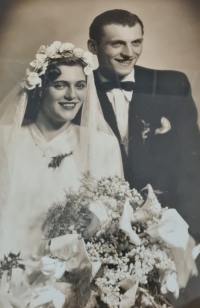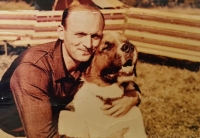Being Czech meant respecting the regime
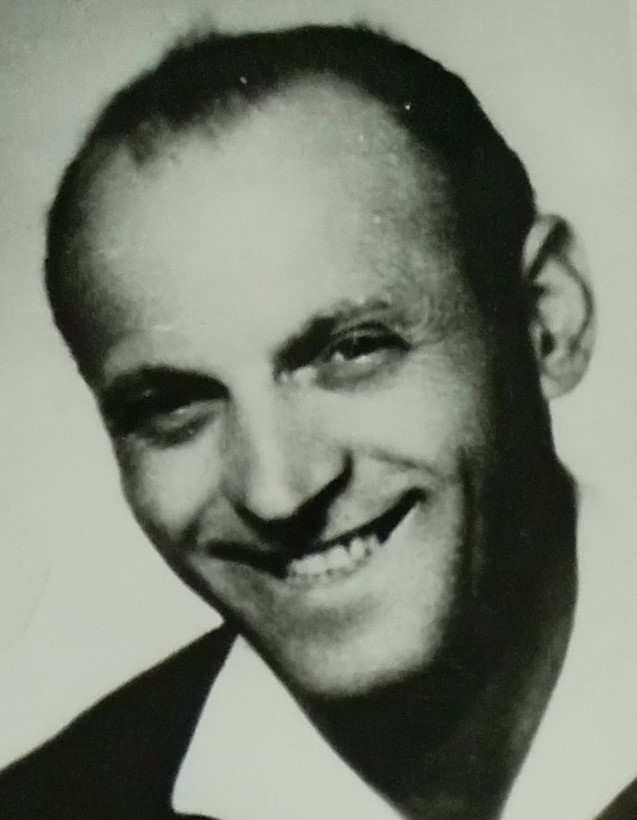
Stáhnout obrázek
Vítězslav Nohejl was born on 12 November 1927 in Prague, the youngest of three siblings in a family of a worker and a maid. During the war, he trained as a cook and did his apprenticeship in prominent Prague hotels such as Zlatá Husa and Paříž. Here he also experienced the harsh treatment of Czechs by high-ranking German officers. At the end of the war, he brought food to people deployed on the barricades. After the war, he worked as a cook and manager of various holiday resorts and mountain cottages. In 1971 he joined the residence of the Danish ambassador Möller in Prague as a cook. From 1975 he actively cooperated with State Security (StB) and placed operational eavesdropping equipment at the Danish embassy until his departure in 1984. After the end of Ambassador Möller‘s diplomatic service in Czechoslovakia, he was transferred to the GDR, where he regularly visited the ambassador‘s wife, Ursula Möller, and took care of her skin with a hand-made herbal cream. She was connected to the Czechoslovak dissent and Vítězslav Nohejl was apúponited to follow her as part of the State Security Beneda I operation. In the ambassador‘s residence in Berlin, he carried out tasks assigned by the State Security. In 2023, Vítězslav Nohejl was living in Bechyně.
